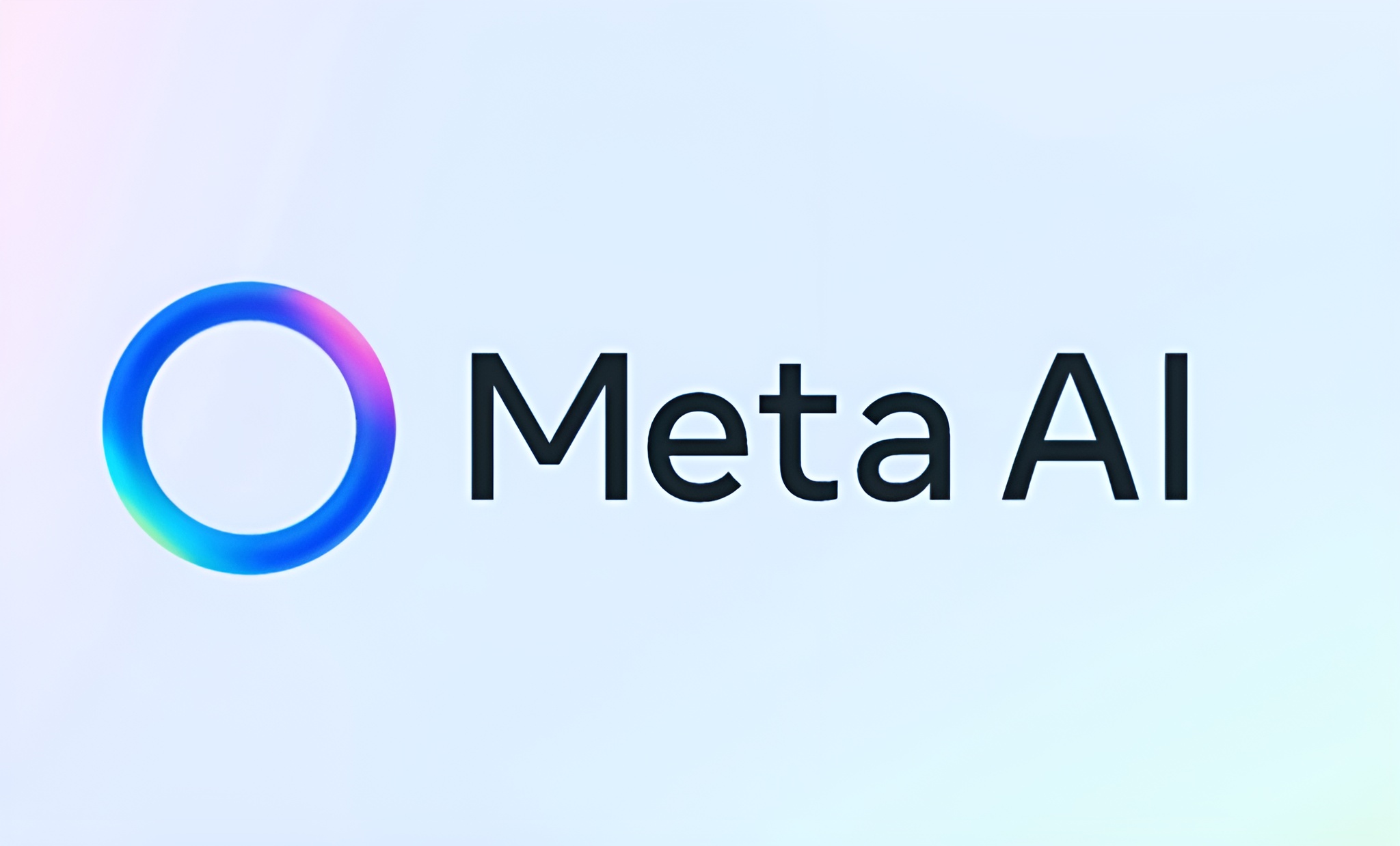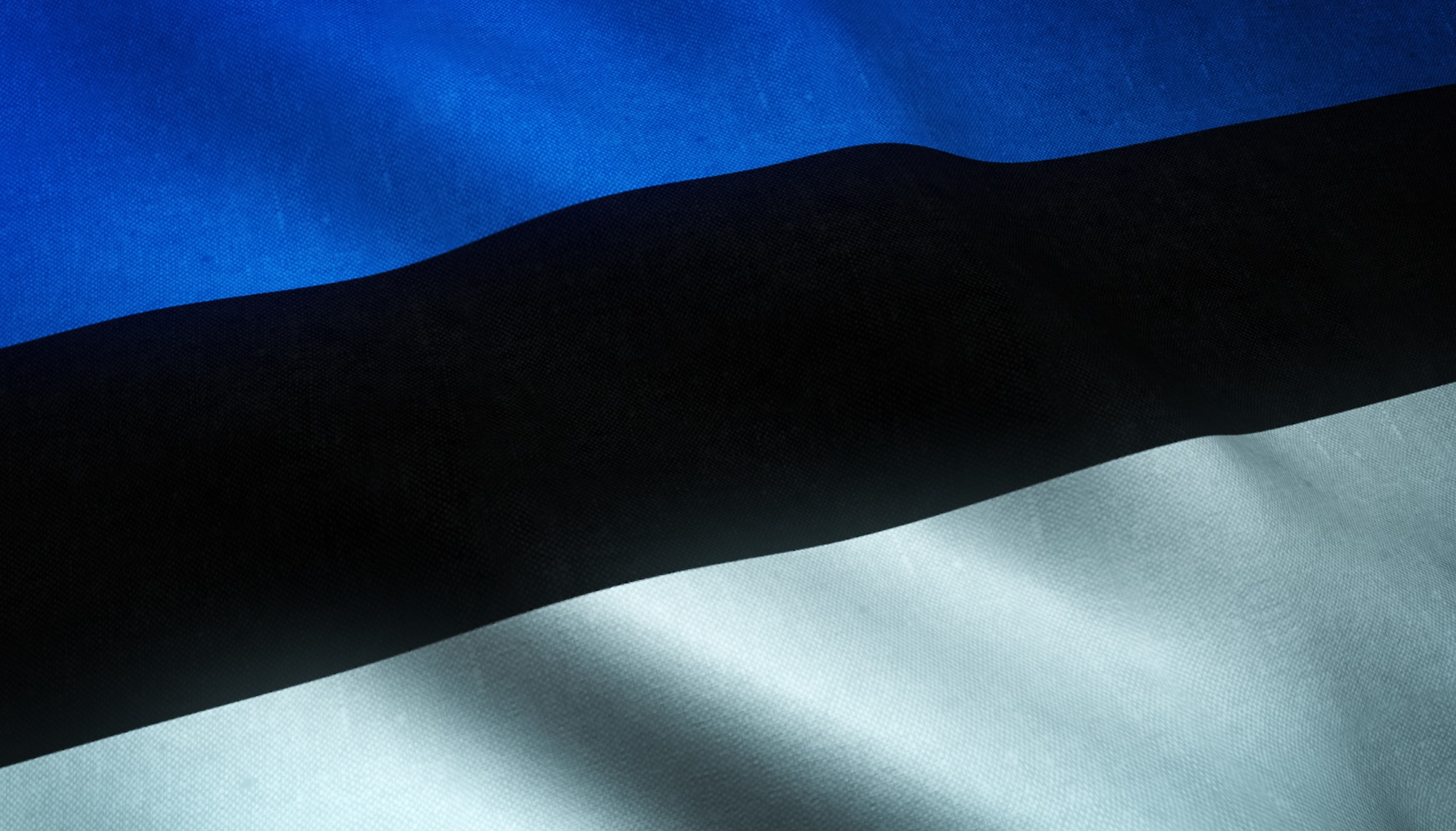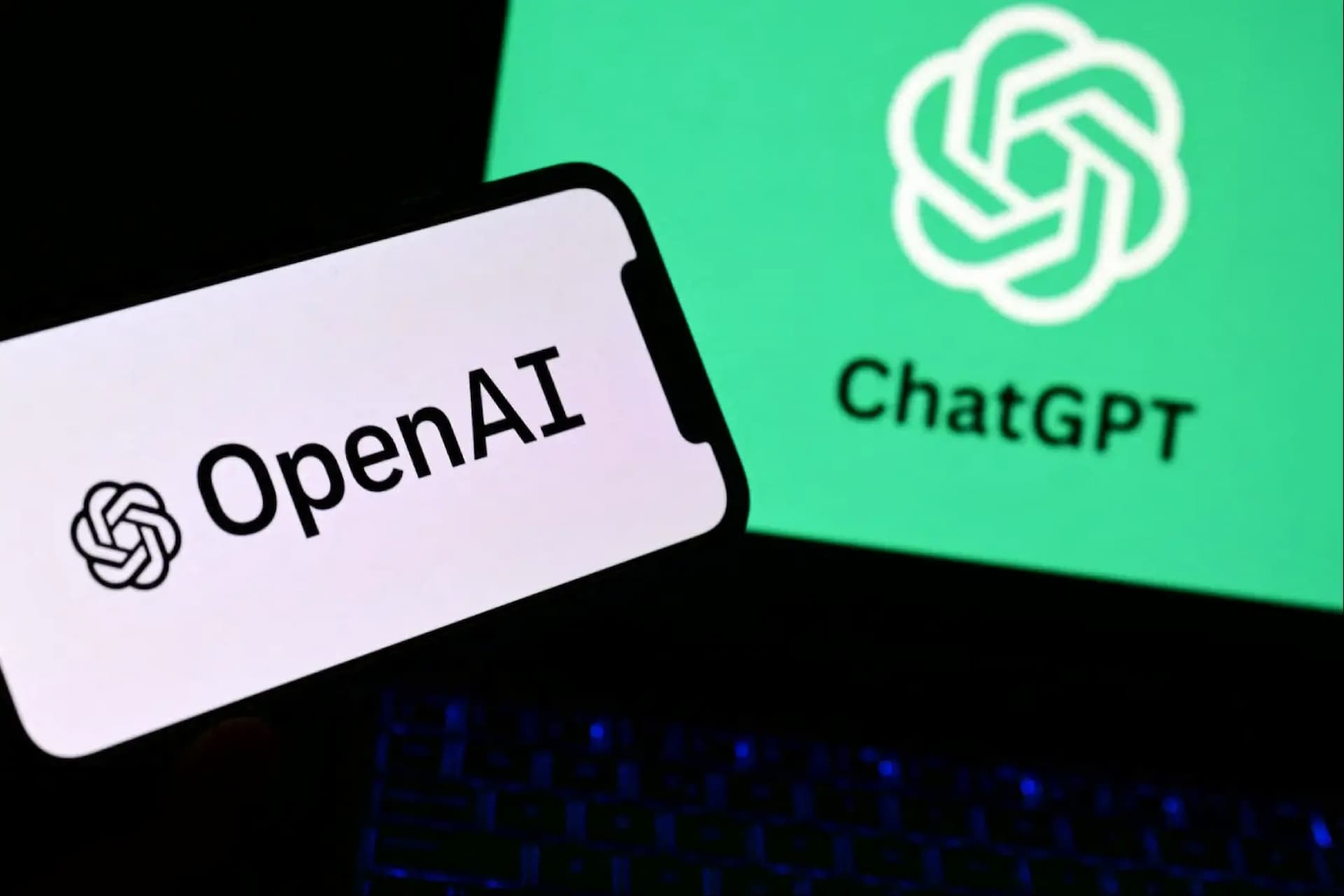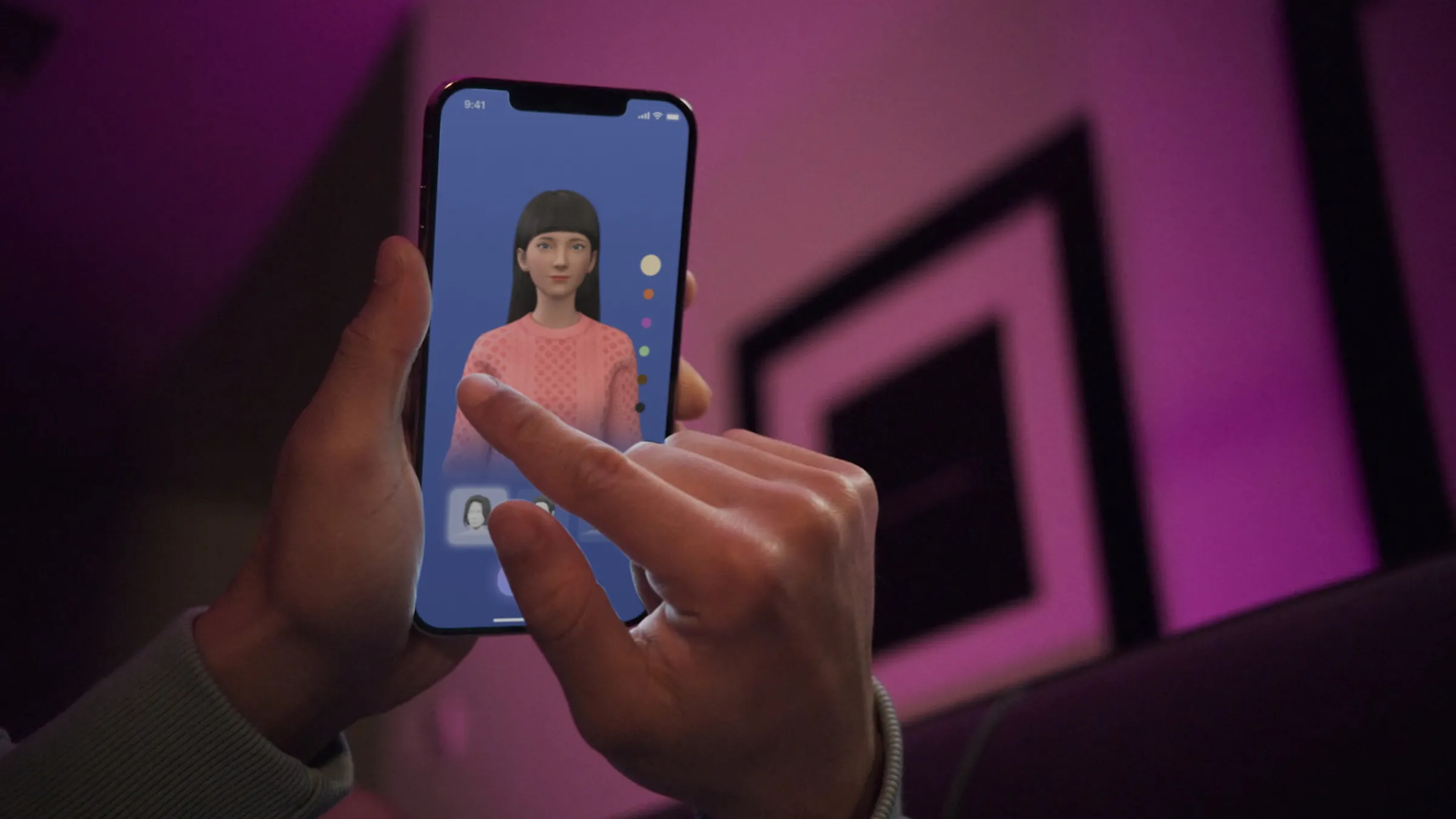Only five days after the Joint Statement on a United States-European Union framework on an agreement on reciprocal, fair and balanced trade (‘Framework Agreement’), the Trump administration is weighing an unprecedented step against the EU over its new tech rules.
According to The Japan Times and Reuters, US officials are discussing sanctions on the EU or member state representatives responsible for implementing the Digital Services Act (DSA), a sweeping law that forces online platforms to police illegal content. Washington argues the regulation censors Americans and unfairly burdens US companies.
While governments often complain about foreign rules they deem restrictive, directly sanctioning allied officials would mark a sharp escalation. So far, discussions have centred on possible visa bans, though no decision has been made.
Last week, Internal State Department meetings focused on whom such measures might target. Secretary of State Marco Rubio has ordered US diplomats in Europe to lobby against the DSA, urging allies to amend or repeal the law.
Washington insists that the EU is curbing freedom of speech under the banner of combating hate speech and misinformation, while the EU maintains that the act is designed to protect citizens from illegal material such as child exploitation and extremist propaganda.
‘Freedom of expression is a fundamental right in the EU. It lies at the heart of the DSA,’ an EU Commission spokesperson said, rejecting US accusations as ‘completely unfounded.’
Trump has framed the dispute in broader terms, threatening tariffs and export restrictions on any country that imposes digital regulations he deems discriminatory. In recent months, he has repeatedly warned that measures like the DSA, or national digital taxes, are veiled attacks on US companies and conservative voices online. At the same time, the administration has not hesitated to sanction foreign officials in other contexts, including a Brazilian judge overseeing cases against Trump ally Jair Bolsonaro.
US leaders, including Vice President JD Vance, have accused European authorities of suppressing right-wing parties and restricting debate on issues such as immigration. In contrast, European officials argue that their rules are about fairness and safety and do not silence political viewpoints. At a transatlantic conference earlier this year, Vance stunned European counterparts by charging that the EU was undermining democracy, remarks that underscored the widening gap.
The question remains whether Washington will take the extraordinary step of sanctioning officials in Brussels or the EU capitals. Such action could further destabilise an already fragile trade relationship while putting the US squarely at odds with Europe over the future of digital governance.
Would you like to learn more about AI, tech and digital diplomacy? If so, ask our Diplo chatbot!









